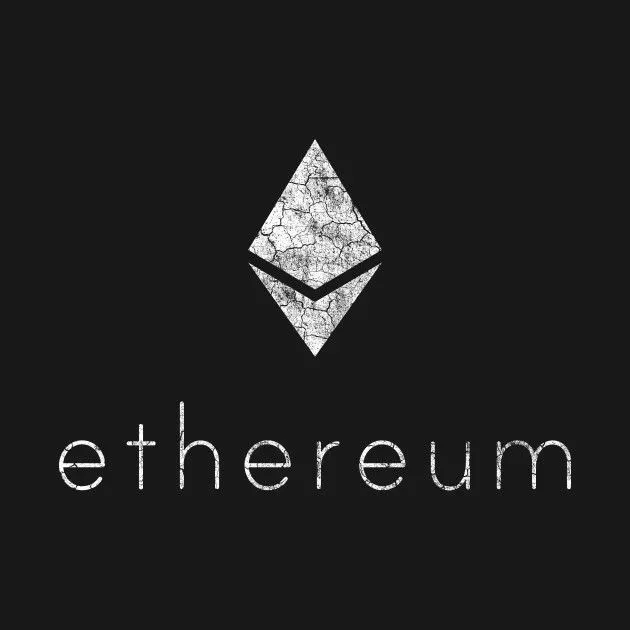FCA Crypto Regulation: Striking a Balance Between Innovation and Consumer Safety

- FCA crypto regulations aim to strike a balance, bringing innovation, protection, and balance to the marketplace.
- The FCA crypto regulation rendering firms to be under FCA supervision in order to conform to the industry standards
- FCA seeks public input on the handling of complaints and the application of “Consumer Duty” on crypto companies.
The United Kingdom’s Financial Conduct Authority (FCA) has released a statement on new cryptocurrency regulations. The intentions of these guidelines ought to be clear; they should provide a defined picture of what is considered legal and illegal for companies operating in crypto, allowing innovation while protecting consumers and upholding market integrity.
The move will be the latest step in the UK authorities’ regulation of digital currencies. In a report published on Wednesday, the FCA suggests new minimum standards for crypto firms. Surely, if these rules are implemented, the crypto space would be overseen by the FCA.
Also Read: UK FCA Opens Retail Crypto ETNs Access, Derivatives Remain Banned
David Geale, Executive Director of Payments and Digital Finance at FCA, said: “Businesses that have applied for registration prior to the 16 December deadline and are listed on the Financial Services Register will be able to continue trading under the FCA’s temporary registration regime while waiting for their applications to be processed. When the proposed legislation becomes effective, a new UA check will no longer be performed.
Risks and Stability Covered in FCA Crypto Regulations
The FCA crypto regulation won’t make the investment risks associated with crypto go away. However, they will benefit businesses in providing more transparent products for those interested in crypto investments.
Geale said the consultation paper compared these new measures to traditional bank standards. Many of these regulations are concerned with operational resiliency and financial crime. These are critical gaps that need to be filled in order for the crypto space to work securely.
The handling of complaints is another major issue of the FCA crypto regulation. The FCA is a regulator, and the act called the ” Financial Ombudsman Service” is the agency currently responsible for accepting complaints about consumers and their treatment by financial services firms. This may potentially bring higher levels of consumer trust for crypto companies.
FCA Considers “Consumer Duty” for Crypto in Light of Global Cooperation
The consultation paper is looking for feedback on the “Consumer Duty” which requires all financial companies to act in the best interests of their customers following FCA crypto regulations. The FCA is considering applying this rule to crypto companies.
This followed the creation of a crypto bill by the UK government in April. The bill would subject crypto exchanges and dealers to the same financial regulatory firewalls applied to all other financial service firms.
The UK has made it clear that it was not ‘open for business’ and was intent on addressing crypto fraud and abuse. This indicates that the country is committed to regulating the crypto space while at the same time opening space for innovation and development. These regulations are considered essential to guarantee an equal playing field in the cryptocurrency industry.
Also, there is growing international crypto regulation cooperation. The United Kingdom and the US have been working on ways they could tighten their cooperation on digital currencies.
These discussions have included members from leading crypto companies such as Coinbase and Ripple, as well as banks such as Bank of America and Barclays, suggesting that there is an increasing global impetus to regulate crypto.
A significant impact on the digital asset industry could result from the FCA crypto regulation. The goal is to strike a balance between innovation and consumer protection. However, public feedback would be important in determining the UK’s approach to conducting these rules; public sentiment shapes the direction of crypto regulation in the UK.
Also Read: UK Moves In on Crypto, What the FCA’s Plan Could Mean for the Market
You May Also Like

Bitcoin Whale Moves Spark Concern as ETH and MAGACOIN FINANCE Emerge Best Altcoins to Buy

No L2s, No Mass Adoption. Period.
